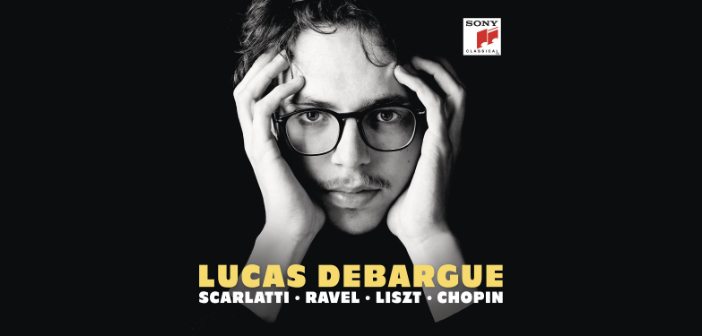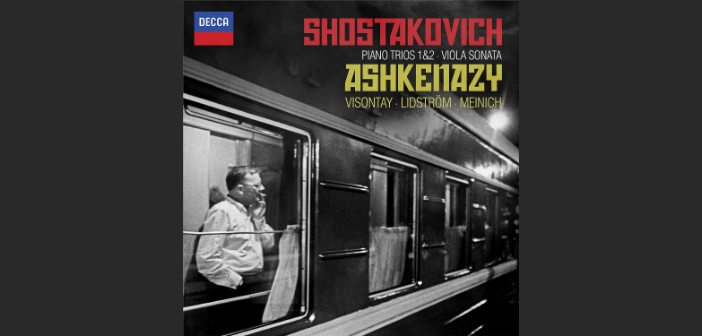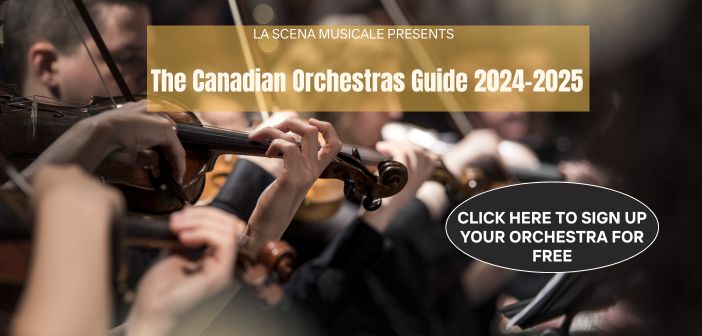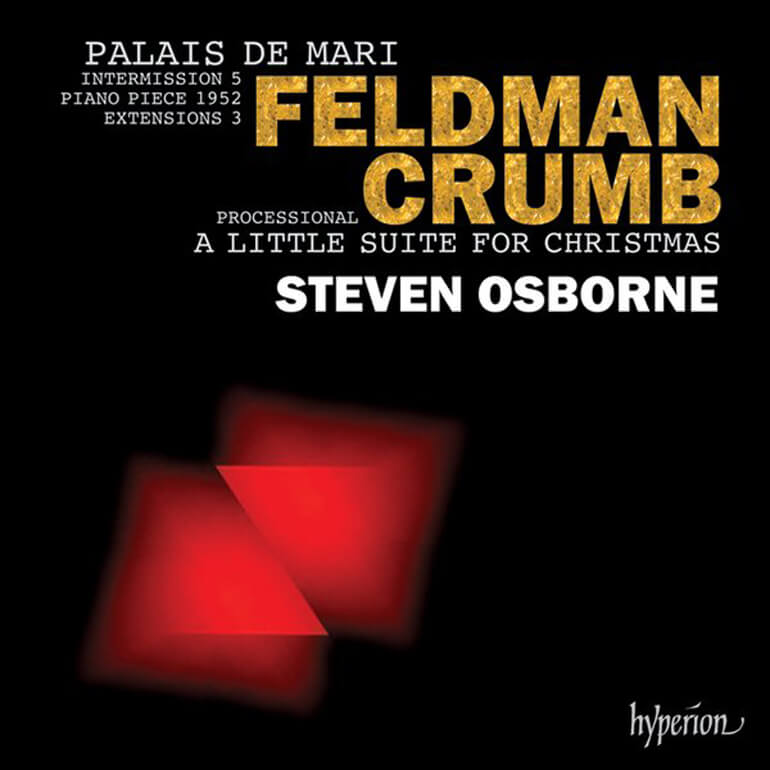This is a great time for piano lovers, a terrible one for young pianists. The past four years have flung up the most phenomenal range of new talent, more than listeners can take in. Daniil Trifonov, the 2011 Tchaikovsky winner, set a new benchmark. Since then, the 2015 Chopin competition has yielded Seong-jin Cho and Charles-Richard Hamelin, the Van Cliburn has brought forth the prodigious Beatrice Rana, the BBC Young Musician winner Benjamin Grosvenor has quickly made a name for himself and there are more coming through all the time. And then there’s Lucas Debargue. Placed fourth in the 2015…
Browsing: Lebrecht Weekly
The three works on this album encompass an entire composing life. The first piano trio was written by a 17 year-old for his girlfriend in 1923. The mastery is already undeniable and the thumbprints instantly recognisable: pathos, scepticism and the juxtaposition of polar opposites. This is not the way most of us would go about wooing the love of our life. Shostakovich was always an original, even at his most eclectic. Everything he writes can be interpreted equally as its opposite, a device that became the key to the composer’s survival in Soviet Russia. The second piano trio, written in…
Before we go any further, let me declare once and for all that I am done with three stars. Everywhere else, critics award three stars as a kind of neutral, no-harm-done mark for something they neither love nor hate. Myself, I’ve stopped reviewing that sort of thing. If it doesn’t make you want to laugh or cry (for better or worse), why steal a nanosecond of your readers’ attention by discussing it? So no more three stars on this site. They’d be wasted, anyway, on Cameron Carpenter. The flamboyant American organist, more used to playing in a singlet than a…
Every few months I take my ears out for a cleaning. This is not as easy as it sounds. Finding music that is original, unfamiliar, astringent, elevating and altogether uncomplacent restricts the seeker to the dustiest corners of recorded repertoire. And no sooner do you find a box that fits the bill than what you thought was household detergent comes stuffed with sticky minimalisms. Anyway, this week, I’ve struck lucky with some top-grade industrial ear cleanser from a British pianist I’d normally associate with Beethoven, Rachmaninov and Messiaen. Steven Osborne, though, has a quirky turn of mind and a wonderful…
Every few months I take my ears out for a cleaning. This is not as easy as it sounds. Finding music that is original, unfamiliar, astringent, elevating and altogether uncomplacent restricts the seeker to the dustiest corners of recorded repertoire. And no sooner do you find a box that fits the bill than what you thought was household detergent comes stuffed with sticky minimalisms. Anyway, this week, I’ve struck lucky with some top-grade industrial ear cleanser from a British pianist I’d normally associate with Beethoven, Rachmaninov and Messiaen. Steven Osborne, though, has a quirky turn of mind and a wonderful…
The best fun I’ve had all week is trying to identify the composers of six 18th century concertos that have turned up in the vaults of the Saxon State University library in Dresden. Five of the concertos are for flute, which suggest a possible Frederick the Great connection, the sixth is for cembalo. All are entertaining, accomplished, professional – top-drawer music for a courtly dinner party. But who wrote them? The obvious suspects are the Dresden concertmaster Johann Georg Pisendel (1687-1755) and the singer and composer Carl Heinrich Graun (1704-1759). Both turned out music of high quality and near-memorability but,…
The best fun I’ve had all week is trying to identify the composers of six 18th century concertos that have turned up in the vaults of the Saxon State University library in Dresden. Five of the concertos are for flute, which suggest a possible Frederick the Great connection, the sixth is for cembalo. All are entertaining, accomplished, professional – top-drawer music for a courtly dinner party. But who wrote them? The obvious suspects are the Dresden concertmaster Johann Georg Pisendel (1687-1755) and the singer and composer Carl Heinrich Graun (1704-1759). Both turned out music of high quality and near-memorability but,…
Unless you live in England – and, in most of the country, even if you do – you will have few opportunities to hear live performances of the music of Ralph Vaughan Williams, the dominant national composer between Elgar and Britten. A passing violinist may offer The Lark Ascending and a string orchestra might play VW’s setting of the Tudor tune ‘Greensleeves’, but the meat of this great composer, his symphonic work, is seldom served and then only with apology. There has only ever been one live cycle of the symphonies – by the late Richard Hickox – and the…
Unless you live in England – and, in most of the country, even if you do – you will have few opportunities to hear live performances of the music of Ralph Vaughan Williams, the dominant national composer between Elgar and Britten. A passing violinist may offer The Lark Ascending and a string orchestra might play VW’s setting of the Tudor tune ‘Greensleeves’, but the meat of this great composer, his symphonic work, is seldom served and then only with apology. There has only ever been one live cycle of the symphonies – by the late Richard Hickox – and the…
It must be a seasonal thing. When fresh mushrooms simmer and asparagus gently steams, it starts raining …Haydn. Sure enough, four Haydn releases have landed this month. Decca has a positively frisky set of four symphonies, 78-81, from Ottavio Dantone and the Accademia Bizantina. The period-instrument precision is awe-inspiring, a worthy counterpoint to that epochal Decca set (1969-73) of Haydn symphonies from Antal Dorati and the Philharmonia Hungarica. Dorati changed the weather for Haydn while, with 104 symphonies, confirming the prejudice that the composer wrote too much. Other conductors gave up midway. I like Dantone’s note-perfect approach very much and…










